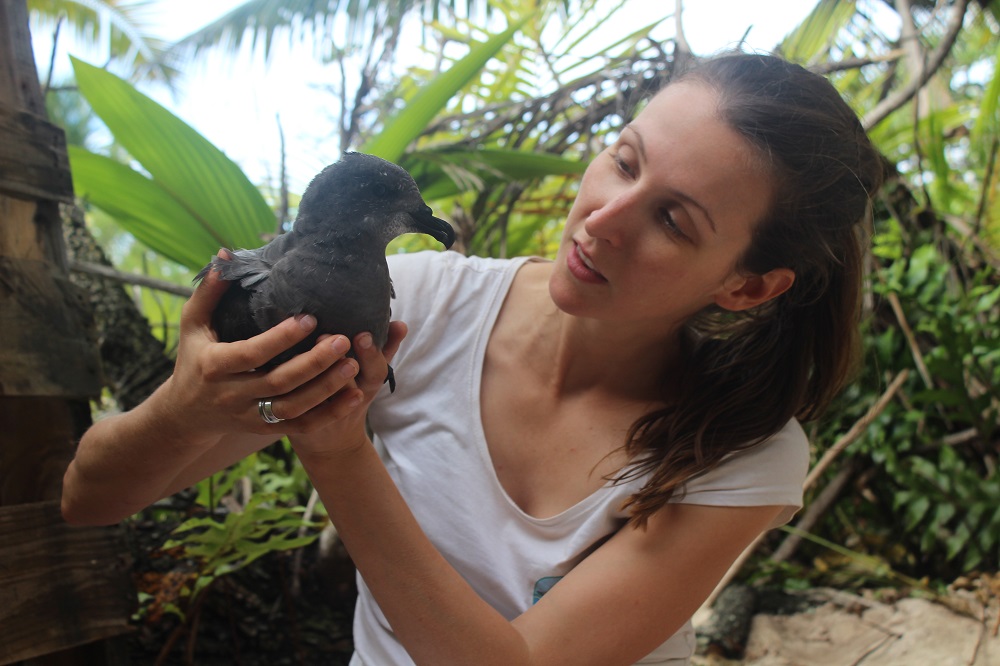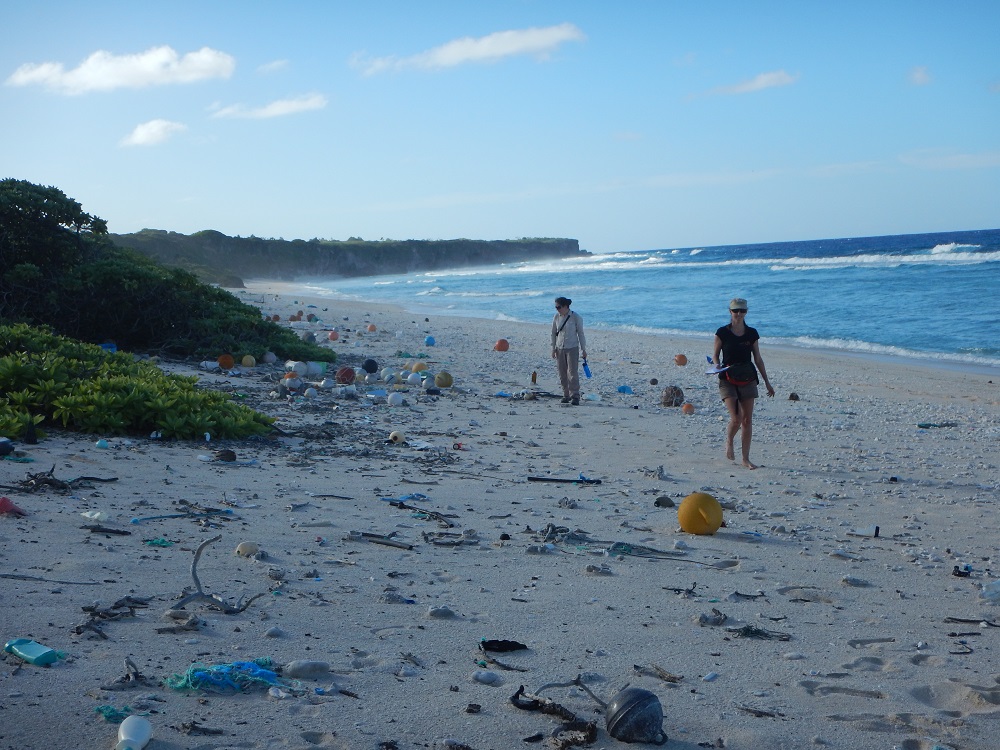
IMAS scientist Dr Jennifer Lavers will next week highlight the global problem of marine plastic pollution at the prestigious Falling Walls Conference in Berlin, Germany.
Dr Lavers is one of just 16 researchers from around the world invited to speak at the conference, which attracts attendees from more than 80 countries each year on 9 November, the anniversary of the fall of the Berlin Wall.
Falling Walls aims to bring world-leading scientists together to highlight international breakthrough research, and to identify trends, opportunities and solutions to global challenges.
Dr Lavers’ research into the impact of marine plastic pollution attracted international media attention this year when she revealed that beaches on remote, uninhabited Henderson Island in the South Pacific had the highest density of plastic debris reported anywhere on the planet.
“It’s a great personal honour to be invited to speak at the Falling Walls Conference. But more importantly, it’s a pleasing indication of how seriously the international community is taking the issue of plastic pollution in our oceans,” Dr Lavers said.
“Other speakers at the conference will address key global challenges such as climate change, future food production, refugees, urban change, artificial intelligence and antibiotic resistance.
“The fact that marine plastic pollution ranks among issues of such magnitude should be a wake-up call to everyone in our community.
 “The amount of plastic waste that we found washed up on Henderson Island (pictured, left, Dr Lavers on Henderson Island's East Beach) is proof that nowhere on the planet is safe from this form of pollution.
“The amount of plastic waste that we found washed up on Henderson Island (pictured, left, Dr Lavers on Henderson Island's East Beach) is proof that nowhere on the planet is safe from this form of pollution.
“Most of the more than 300 million tonnes of plastic produced worldwide each year is not recycled, and research has shown that at least 1450 species are at risk from this waste when it enters our rivers and oceans.
“Apart from the hazard it presents to marine life, which ingest plastic waste or become entangled in it, there is growing evidence from medical researchers that it’s also resulting in plastic entering the human food chain.
“Plastic is our waste and it is in our hands to do something about it.
“By reducing our use of plastics, and by reusing and recycling those that we do use, we can all help to reduce the impact of plastic pollution.
“That’s the message I’ll be delivering in Berlin on 9 November and I look forward to seeing real change result from this conference and the many other ways in which the issue is now receiving global attention,” Dr Lavers said.
Dr Lavers’ research is currently also featuring in cinemas around the world as part of the film Blue, which exposes the impact on oceans of over-fishing, habitat destruction, pollution and species-loss.